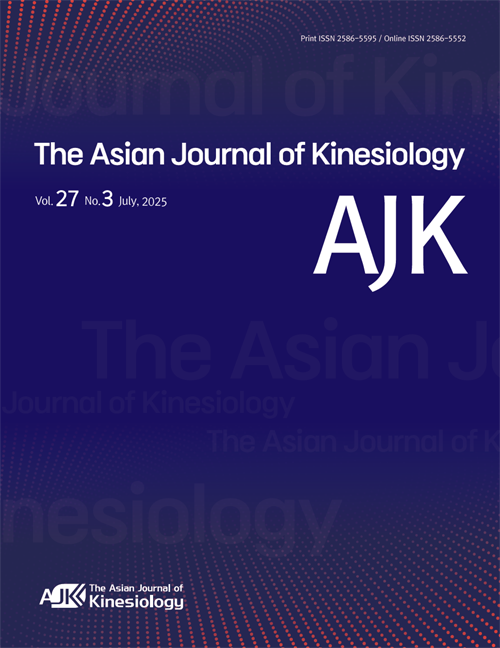OBJECTIVES This cross-national comparative study was conducted to analyze the differences in physical activityfocused policies for older adults among South Korea, the United States, the United Kingdom, and Japan.
METHODS The study examined elderly health promotion and physical activity–related legislation in each country through a review of policy documents and official reports issued by public institutions, as well as prior academic literature. A dual-framework approach was employed that integrates comparative policy analysis and framing analysis. In the comparative policy analysis, policies were assessed across six structural dimensions: policy objectives, implementing bodies, financial structure, program components, target populations, and evaluation methods. In the framing analysis, three discursive elements were investigated: how aging-related problems are defined, how policy tools are legitimized, and how perceptions of older adults are constructed within each country’s policy discourse.
RESULTS While all four countries aim to extend healthy life expectancy, their policy designs and governance structures differ markedly. South Korea’s centralized approach revealed weak inter-ministerial coordination and regional disparities, along with a tendency to frame older adults as passive welfare recipients. The United States applies federal evidence-based guidelines through multilevel governance involving states and private actors, emphasizing voluntary participation. The United Kingdom promotes emotional well-being and social integration through collaborative efforts between government and community organizations. Japan adopts a scientific and preventive model focused on community sustainability, recognizing older adults as active contributors.
CONCLUSIONS The findings suggest that South Korea should reinforce evidence-based and preventive strategies, empower local-level governance, and reframe its perception of older adults as autonomous participants rather than dependent recipients. These shifts are vital to building sustainable and inclusive elderly health promotion policies in the era of super-aged societies



